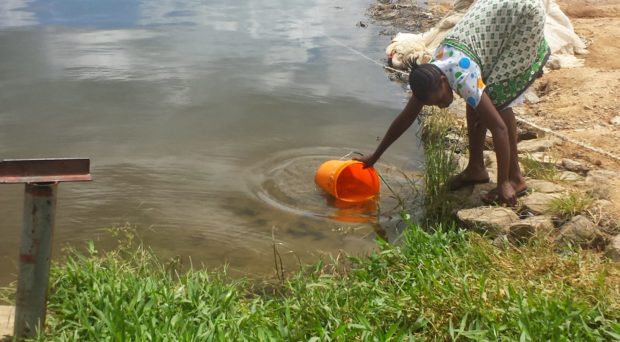
Currently the majority of Neglected Tropical Disease (NTDs) control programs center around chemotherapy to treat and prevent disease. However two documents from the WHO; the 2012 WHO roadmap and more recently the report on NTDs and Water, sanitation and hygiene (WASH), highlight the need for WASH integration to achieve sustainable NTD control and elimination. The International Society for NTDs hosted a meeting exploring aspects of WASH and NTDs; ISNTD Water.
Neglected Tropical Diseases
NTDs is a term given to a diverse group of 17 infectious diseases that are highly prevalent in tropical and subtropical countries, that thrive in poverty stricken areas with low or no access to sanitation and clean water infrastructure, cause huge damage to public health and socio-economic development and yet still receive little global attention. Together they infect over 1.4 billion people world wide and the majority are caused by protozoan or helminth infections. They are the diseases of neglected people of low income countries and of poor communities living in richer countries.
WASH and NTDs
WASH plays a crucial role in the sustainability of NTD control and elimination. Firstly through transmission prevention by;
- increased sanitation availability to reduce contamination of the environment,
- providing safe clean water for drinking and food preparation,
- enabling good hygiene practices such as hand-washing with soap,
- improving water resource management and waste management to control vectors of disease and reducing contact with unsafe and contaminated surface water.
Secondly through care of infected individuals;
- providing clean water for treatment and care of infected people both at home and in healthcare facilities and
- providing accessible WASH services for individuals living with a disability and/or stigmatization often associated with particular NTDs.
ISNTD Water
At the conference we heard from diverse groups of charities, researchers, technology developers and industries working on WASH. Highlighted below are some examples of the NTD – WASH aspects that were presented and discussed at the meeting.
- Buruli ulcer (BU); A very nasty ulcer due to infection with Mycobacertium ulcerans bacteria thought to be associated with proximity to water sites but whose transmission is largely unknown. At the meeting we learnt about the role of arsenic on BU development; A study by Gyasi et al 2012 found that communities highly endemic to BU in Ghana lived in areas with high levels of arsenic compounds in the water which lead them to look for the possible association of arsenic in water and BU development in mice. They found strong evidence that mice exposed to arsenic through drinking water and exposed to M. ulcerans had a far higher risk of developing BU then those not exposed to arsenic. This has called for further research into the role of arsenic in local water sources and the prevalence of BU as well as WASH interventions to protect high risk communities from this risk factor.
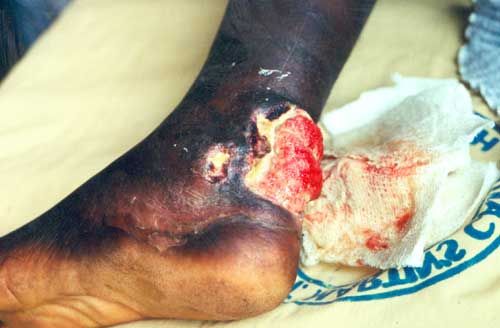
- Leprosy and Lymphatic filariasis (LF); Leprosy is a bacterial infection transmitted through cough or fluid contact whilst LF is caused by filarial parasitic worms (Wuchereria bancrofti, Brugia malayi and Brugia timori) living in the lymphatic system of humans and is transmitted by mosquitoes of the Culex and Aedes genus. Mr James Pender from Leprosy Mission presented on the importance of WASH accessibility for Morbidity Management and Disease Prevention (MMDP) in leprosy and LF cases. He highlighted how both diseases had similar needs in terms of WASH for MMDP self-care and in terms of disability and stigmatization. Accessibility and inclusion of people with disability has not been considered enough in community WASH programs so Leprosy Mission and WaterAid developed this briefing note to address this issue and highlight the potential for an integrated approach to provide WASH services for both diseases.
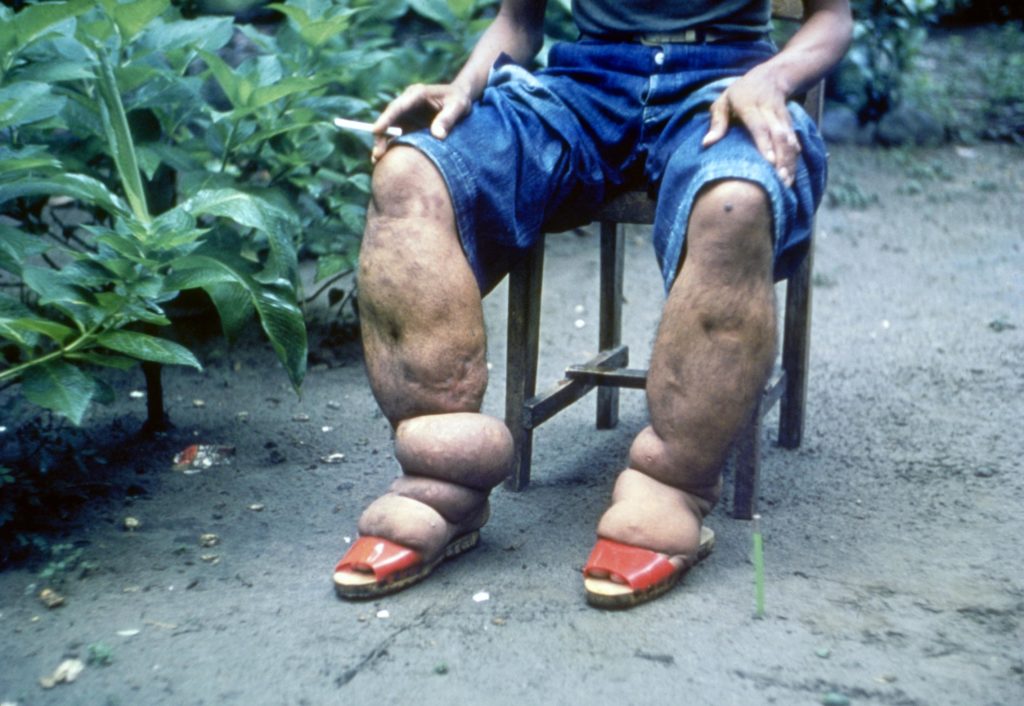
- Soil-transmitted helminthiasis (STH) and schistosomiasis; STH is caused by infections from parasitic intestinal worms (Ascaris, Nectar americanus, Trichuris tichuria etc); transmission occurs directly through the fecal-oral root which naturally highlights the importance of sanitation and good hygiene! Schistosomiasis on the other hand is a blood trematode with a two host life cycle, mammals and aquatic snails. Transmission occurs through direct water contact. Dr Suzy Campbell used two examples (Timor-Leste and Cameroon) to illustrate the need to evaluate WASH intervention as an integral part of STH control explaining that it must start with baseline measurements of WASH related infrastructure and behavior including individual, household, and village characteristics. The potential variation in environmental conditions and water-availability should also be considered as this may greatly affect risky behavior. Dr Steffi Knopp updated us on findings from the behavioral intervention arm of the Zanzibar Elimination of Schistosomiasis Transmission (ZEST) program highlighting the benefits of a human centered design approach which includes input from community members. However knowledge and willingness alone will not alter risky behavior if the WASH infrastructure is not available and accessible to all. Pumps, wells and taps need to be maintained and easy enough to use so that children as well as adults can collect safe water.
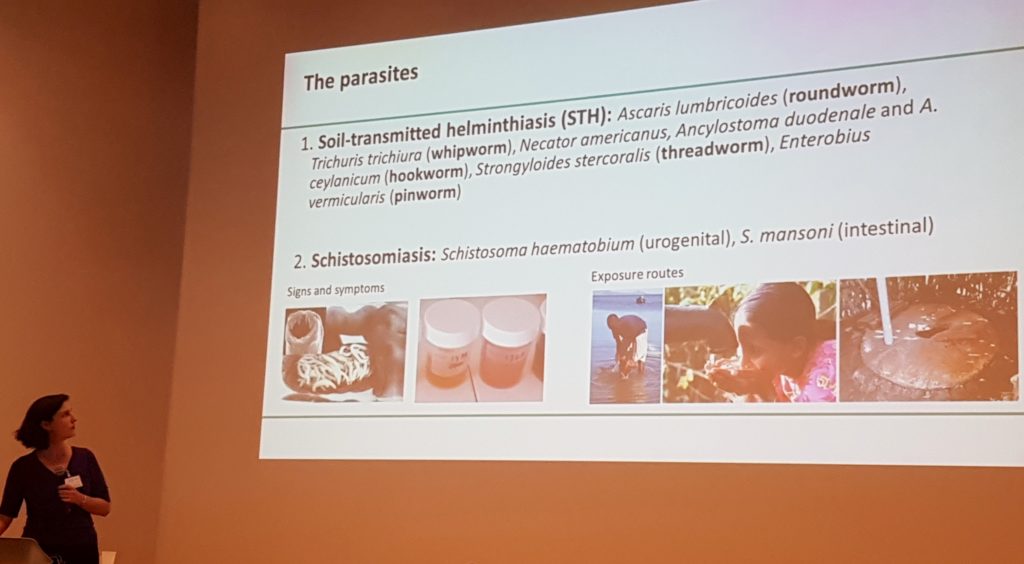
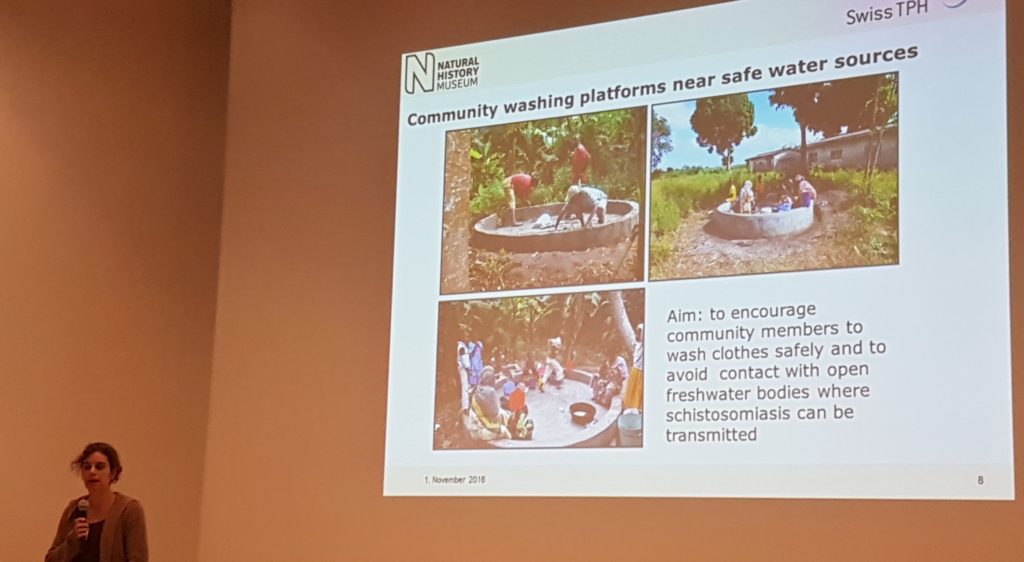

4 Comments